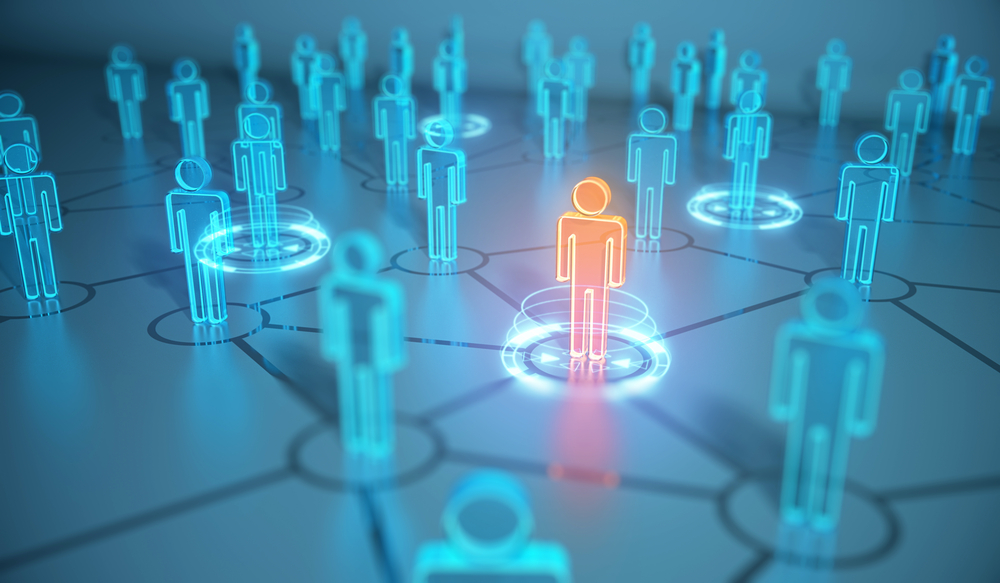Just because you’re not on Facebook or Twitter doesn’t mean your data is safe from social media or their clever algorithms. In two different studies, researchers found evidence that your privacy is no longer in your hands, even if you abstain from social media.
The studies, conducted at the University of Vermont and the University of Adelaide, found that they could predict a person’s posts on social media with 95% accuracy, even if they never had an account to begin with. The scientists got all the information they needed from a person’s friends, using posts from fewer than 10 contacts to build a mirror image of a person not even on the social network.
The study, published Monday in the journal Nature Human Behavior, looked at more than 30 million public posts on Twitter (excluding retweets) from a total of 13,905 English-language users (attempting to eliminate bots and non-personal accounts) to populate their model. By using data provided by just 8 or 9 of a user’s contacts, the researchers were able to show that the tweets of friends allowed them to predict quite a bit about the original user. The original user’s Tweets allowed them to predict future tweets with an accuracy rate of roughly 64% and the user’s contacts gave them enough data to predict behavior with an accuracy rate of 61%. So, go ahead and delete your account, but information about you is still going to be generated (and pretty accurately) if you have a close relationship with at least 8 people who use the platform.
This analysis showed that “information within the Twitter messages from 8 or 9 of a person’s contacts make it possible to predict that person’s later tweets as accurately as if they were looking directly at that person’s own Twitter feed.”
“You alone don’t control your privacy on social media platforms,” University of Vermont professor Jim Bagrow said in a statement. “Your friends have a say too.” And even when you delete your social media accounts, if your friends are still there, tech giants are able to build profiles on you. This is already a concern that privacy advocates have about Facebook, called “shadow profiles.”
Now, there is a mathematical upper limit on how much predictive information a social network can hold. They can’t know everything about you, but they can know some things.

So why is this information important? Businesses who want to sell you things or government agencies who want information about you can use this information to their benefit. Companies or agencies may not be able to find out your darkest secrets, but they can figure out things like your political or religious affiliation and products you might be interested in. The same things platforms like Facebook and Twitter know (and sell) about their users.
The researchers went on to acknowledge that their research “raises profound questions about the fundamental nature of privacy—and how, in a highly networked society, a person’s choices and identity are embedded in that network.”
“There’s no place to hide in a social network,” said
co-author Lewis Mitchell.
Professor James Bagrow, also an author of the paper, confirmed: You alone don’t control your privacy on social media platforms. Your friends have a say too.
In April, Facebook CEO Mark Zuckerberg told lawmakers that the social network collected data on nonusers for “security purposes.” That includes people’s contact list when they use Facebook’s mobile app, which the company uses to suggest friend recommendations, it explained.
In response to the study, a Facebook spokeswoman said the company doesn’t build profiles on nonusers, even if it’s collecting data on them. “If you aren’t a Facebook user, we can’t identify you based on this information, or use it to learn who you are,” the company said in a statement.
The study shows there’s only so much you can control in terms of your own privacy and security online. As careful as you are online, the study suggests that you’re only as private as your friends have been.
